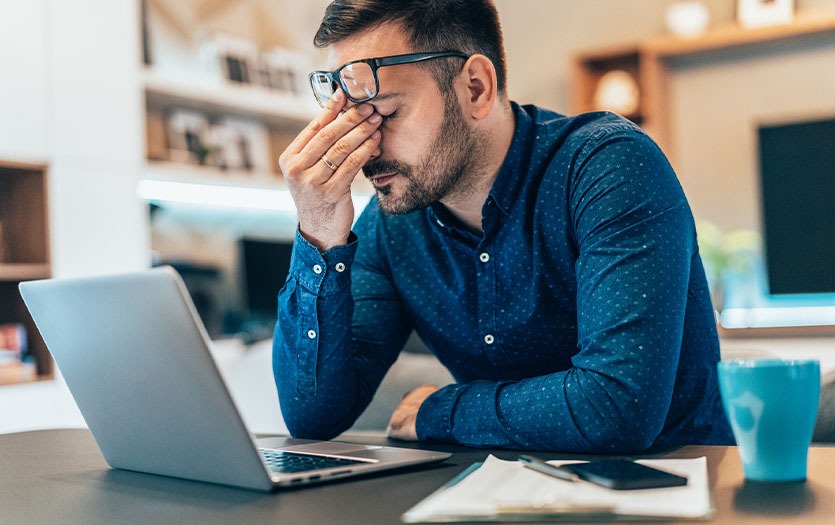Feeling sleepy at work is a common issue, but several specific factors often contribute to mid-day drowsiness. Recognizing these causes can help you maintain energy and focus.
1. Skipping Breakfast and Relying on Coffee
Many office workers skip breakfast and instead drink coffee or sugary tea on an empty stomach. This can cause a rapid spike in blood sugar followed by a sharp drop, leaving you low on energy within a few hours.
Solution: Start your day with a balanced breakfast rich in protein, healthy fats, and fiber. Foods like eggs, yogurt, nuts, or whole-grain toast provide sustained energy and reduce mid-morning fatigue. Drinking coffee after eating can also help avoid sugar crashes.
2. Heavy, Carbohydrate-Loaded Lunches
Consuming heavy meals like burgers, pizza, or fried foods at lunch can also trigger sleepiness. These meals take longer to digest, directing more blood to your digestive system and reducing oxygen flow to your brain.
Solution: Opt for lighter, protein-rich meals with vegetables or whole grains. Such meals provide energy without causing drowsiness. Examples include grilled chicken salads, quinoa bowls, or lentil-based dishes.
3. Sitting for Long Periods
Extended periods of sitting reduce circulation and can contribute to fatigue. A sedentary posture not only causes back pain but also decreases brain activity, making sleepiness more likely.
Solution: Take short breaks every hour. Stand up, stretch, or walk around for a few minutes to boost blood flow and refresh both body and mind.
4. Dehydration
Even mild dehydration can lead to fatigue and reduced cognitive function. When your body lacks water, energy levels drop and mental alertness declines.
Solution: Keep a water bottle at your desk and sip regularly throughout the day. Aim for at least 2–3 liters of water daily, adjusting for climate and activity levels.
5. Excessive Social Media Use
Constantly scrolling through social media can fragment attention and increase mental fatigue. Frequent distractions prevent focus on work tasks and can make you feel sleepy.
Solution: Step away from screens periodically. Stretch, chat with colleagues, or look outside the window to give your brain a brief rest.
6. Poor Office Lighting
Inadequate lighting, whether too dim or overly harsh, can signal your brain to feel sleepy. Lighting influences circadian rhythms, which regulate wakefulness and sleepiness.
Solution: Sit near natural light if possible, or use desk lamps to ensure balanced lighting. Proper illumination helps maintain alertness throughout the workday.
7. Shallow or Rapid Breathing
Stress often causes shallow, rapid breathing, reducing oxygen supply to the brain and inducing fatigue.
Solution: Practice deep breathing exercises for a few seconds every hour. This increases oxygen flow, rejuvenates the brain, and restores energy.
8. Excessive Caffeine
While moderate caffeine intake can temporarily boost alertness, overconsumption may trigger a “caffeine crash,” leaving you even more tired later.
Solution: Limit coffee intake after 2 p.m. Switch to green tea or take a short walk to naturally restore energy levels.
Final Thoughts
Feeling sleepy at work is rarely due to laziness. It often reflects diet, hydration, posture, or environmental factors. By addressing these eight common causes, you can improve focus, productivity, and overall workplace wellbeing.















